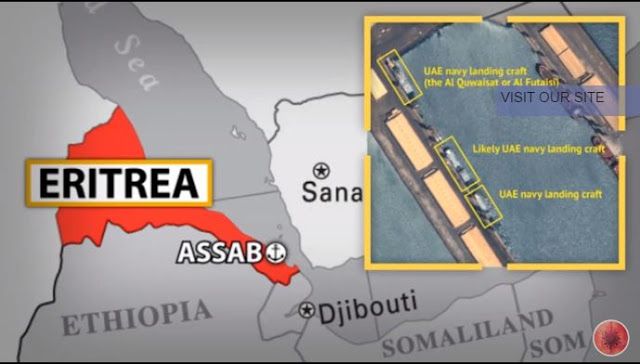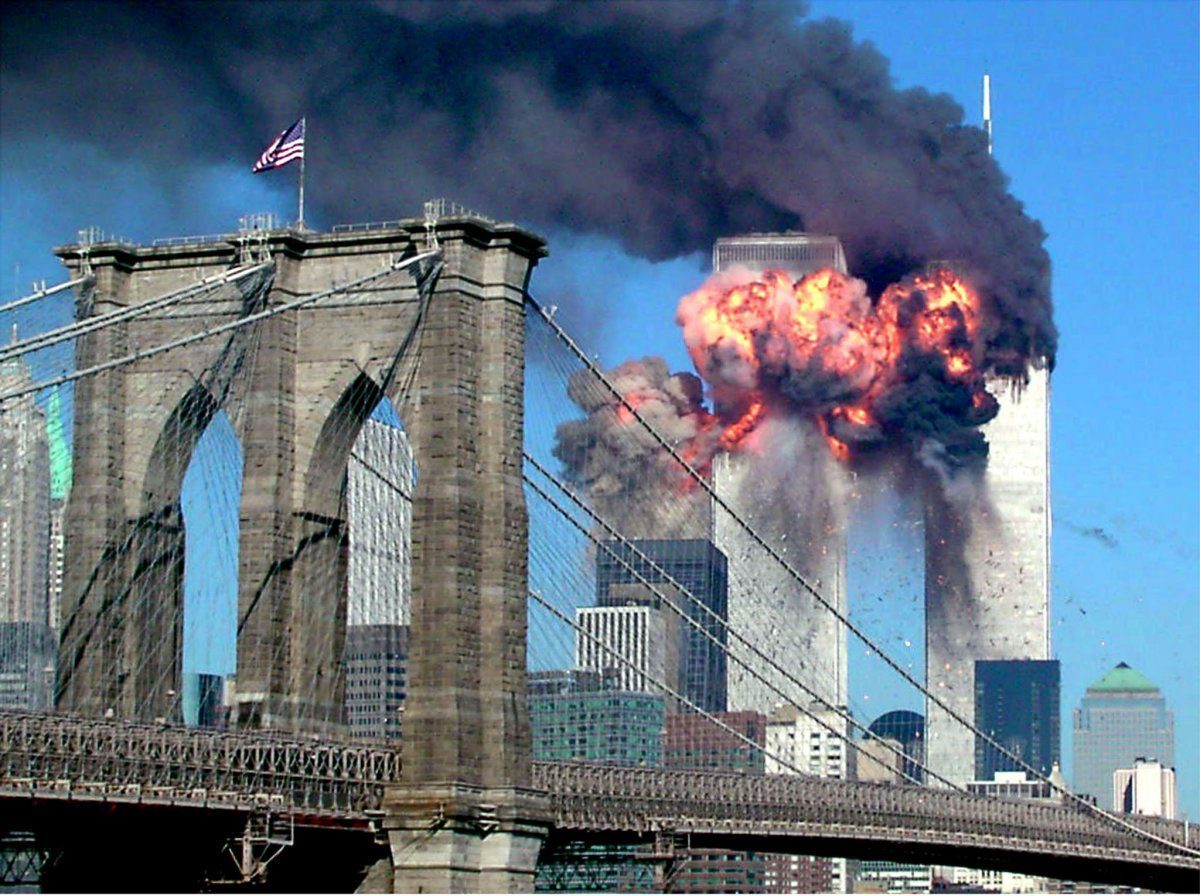
 By: Ayşe Sözen*
By: Ayşe Sözen*
Turning the members of the Islamic world against each other with “threats of national security” will be the deepest destruction and longest-lasting harm that the West has inflicted on this region since the nationalism movements that made Muslim nations enemies of each other in the First World War.
The crisis that started with Saudi Arabia, Egypt, UAE, Bahrain, Yemen, and Libya’s General Haftar renouncing all diplomatic relations with Qatar is planning to severely isolate Qatar in the region with allegations that it essentially supported terror and extremism.
In Trump’s visit to Saudi Arabia that he announced as ‘my first trip’, the Fight Against Radicalism summit that Emre boldly underlined and attempted to point out with its similarity to a Marvel film bore its first fruit in yesterday’s Qatar crisis.
Arab countries reported in statements made from their official news agencies that they had cut all diplomatic relations with Qatar for national security and that they had closed their land, sea, and air borders. In his own statement, the Saudi Foreign Minister declared that “Saudi Arabia has taken these decisions following the serious violations that Doha has carried out openly and secretly, their support of terror by harboring terrorist groups, their propaganda of terrorist groups in their media organs, their support of terrorist activities linked to Iran in Qatif, their sheltering of extremists, and their support of Housi militants in Yemen.”
Turning the members of the Islamic world against each other with “threats of national security” will be the deepest destruction and longest-lasting harm that the West has inflicted on this region since the nationalism movements that made Muslim nations enemies of each other in the First World War. With this construct of the concept of “national security,” the hostility created in our region appears like it will be enough to prepare our downfall without even finding time for it to be internalized.
For a Saudi and a Qatari, who you could not distinguish if they stood side-by-side, the Qatari is now expelled from Saudi territory due to being a “Qatari citizen” while in accordance with the decisions taken, visits of Saudi Arabian citizens to Qatar and Qatari citizens with long-term residence in Saudi Arabia coming to the country and using transit airports are banned.
Egypt’s coup administration also made an announcement that it has “decided to cut off diplomatic ties with Qatar because of its hostile attitude, its harboring of senior members of the Muslim Brotherhood Organization (Ihvan), and its support of terrorist organizations that threaten Egypt’s national security.”
If it is not significant that these developments happened after Trump’s visit to Saudi Arabia, then what is it?
During the visit in question, Trump’s closeness to Egyptian President Abdul and his reference in particular to Hamas as a “terrorist organization” in his speech has been perceived as a signal for the isolation of Qatar, which is known for its close support of the Muslim Brotherhood Organization (Ihwan) and Hamas.
Indeed, all these things eliminate Qatar, which has sent out messages to establish a warmer relationship with Iran (and which befits an Islamic nation), through its allies in the region for the new US administration, which aims to eradicate Iran from the world map if possible.
Yes, true, the US military base in Qatar’s Al-Udeid military base may make some think that the United States is not involved in this, and that Qatar is a US ally. But will the strategic success here not already make Qatar suffer full isolation and include it in the aforementioned “Watchmen of the Galaxy League”? The developments that took place in a single day were enough for Qatar, one of the wealthiest countries in the world, to have the fear of poverty and hardship. This attempt that intends to do harm to the real and domestic elements and movements of these lands by pretending to fight with the anomaly of the emergent name DEAŞ wants to break the arms and legs of the Muslim Brotherhood, Hamas, and all other domestic Islamist movements.
With this attack made against Qatar, it appears like one of the latest moves of the project of modernization that has bound and shaken our region since the 19th century. When we say modernism, it is at this point that we need to understand a ruthless paradigm that aims to remove all religious-rooted political entities from our world.
This crisis has a meaning that is deep enough that a sudden “oh goodness, this has changed, too” will not be able to be said between the GCC (Gulf Cooperation Council) nations. Even if efforts are made to minimize the issue in our eyes through the messages of “sort out this problem between yourselves” made by both the USA and Russia, this crisis, which wrote its name into history as the Qatar crisis on the 5 June 2017, will be one of the turning points in our region.
The “Fight Against Radicalism” summit that Trump is trying to market to the world with the cheapness of a contractor more than likely won’t be lie down with the $110 billion it gained when he returned from there. The things that the crisis has gained for Trump are not limited to the encircling of Iran and putting Turkey’s Erdoğan, the Muslim Brotherhood, and Palestine, all of whom have established close relations with Qatar, on the target board at the same time. To escape this, outside of Qatar’s involvement in the anti-Iran coalition, it seems like it will have to pay this price to the USA with a few hundred billion dollars.
Akif Emre, who inscribed the Saudi Summit, depicted with three pairs of hands joined together on a
sphere, in our memories with its comparison to a Marvel film, in fact went with so many things to say on the day he bid us farewell. What a great message he left to us behind for the Islamic region where he suffered all his life. Let’s read it over and over again.
Or must he say that “Let’s read it over and over again”…
*Ayşe Sözen ıs the head of international relations at the Turkish Presidency



